
Good hygiene is crucial for maintaining health and well-being, yet many Americans overlook some essential habits that could significantly improve their daily lives. Despite access to vast amounts of information and resources, certain hygiene practices are often neglected, leading to potential health risks and social discomfort. Here are 15 hygiene habits that many Americans don’t practice as regularly as they should:
Proper Hand Washing
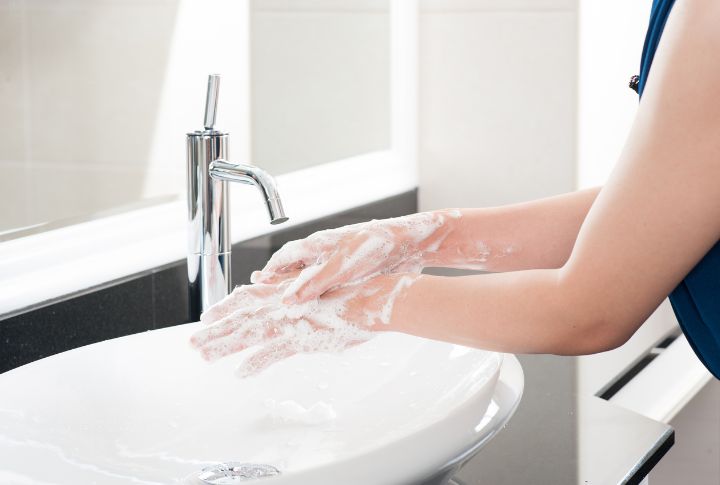
While a good number of Americans understand the importance of hand washing, they often wait to wash their hands for the recommended 20 seconds. Studies show that many people rinse their hands briefly without using soap. This practice needs to be revised to effectively remove harmful bacteria and viruses.
Cleaning Under Fingernails
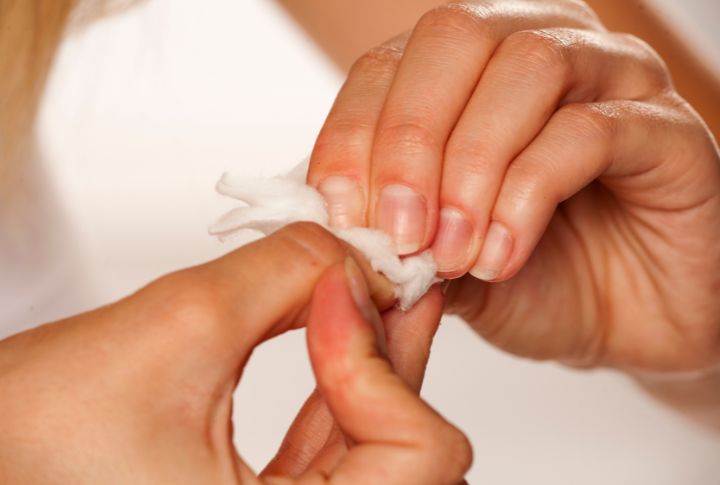
Fingernails can trap dirt and germs, yet many Americans neglect this area during their hygiene routine. Proper cleaning under nails is crucial, especially after gardening or handling raw meat. Unfortunately, it’s common for people to skip this step, leading to potential health risks.
Flossing
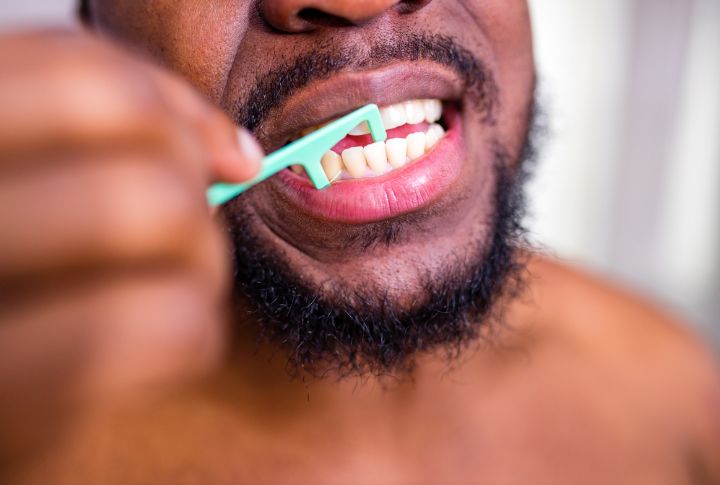
Despite dentists’ advice, regular flossing is not a habit for many in the U.S. The American Dental Association reports that only about 30% of Americans floss daily. This neglect can lead to gum disease and other dental issues.
Cleaning Mobile Phones
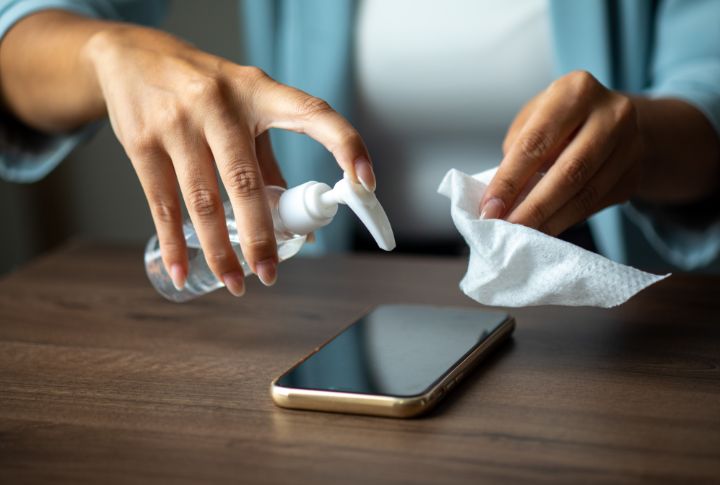
Mobile phones are notorious for harboring bacteria since they are frequently touched and rarely cleaned. Studies have shown that the average phone can be dirtier than a toilet seat. Despite this, a lot of Americans overlook the importance of disinfecting their devices regularly.
Washing Reusable Grocery Bags

Reusable grocery bags can accumulate bacteria from food and other items, yet they are often used repeatedly without being washed. A survey found that only about 15% of Americans wash their reusable bags regularly. This oversight can lead to cross-contamination and foodborne illnesses.
Replacing Toothbrushes Regularly

Toothbrushes should be replaced every three months, but a lot of Americans use them far longer. Old toothbrushes can accommodate bacteria and lose their effectiveness at cleaning teeth, contributing to dental problems.
Cleaning Makeup Brushes
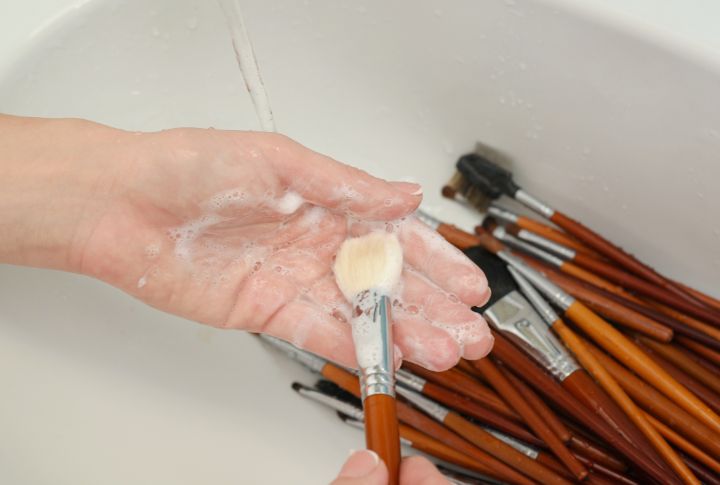
Makeup brushes can accumulate oil, dirt, and bacteria, yet regular cleaning is frequently neglected. Experts recommend washing brushes at least once a week, but several Americans clean them far less often. This neglect can cause skin irritations and infections.
Washing Face Masks
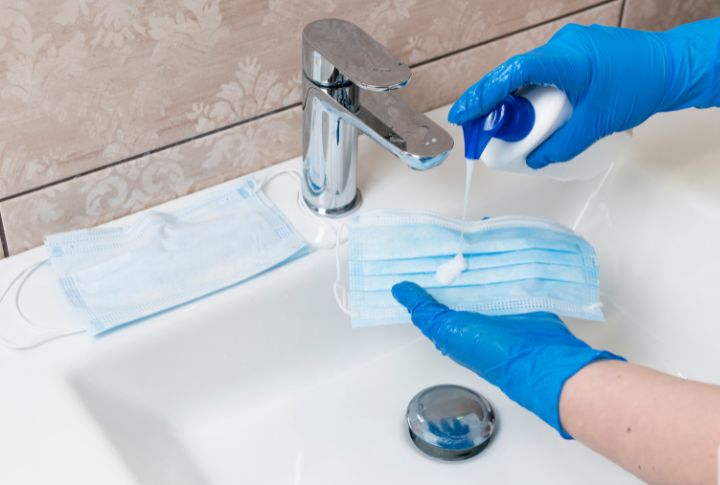
Since the onset of the COVID-19 pandemic, reusable face masks have become common, but they should be changed after each use. Many people in the United States must follow this guideline, wearing the same mask multiple times without changing it. This practice reduces the mask’s effectiveness and increases the risk of contamination.
Sanitizing Remote Controls
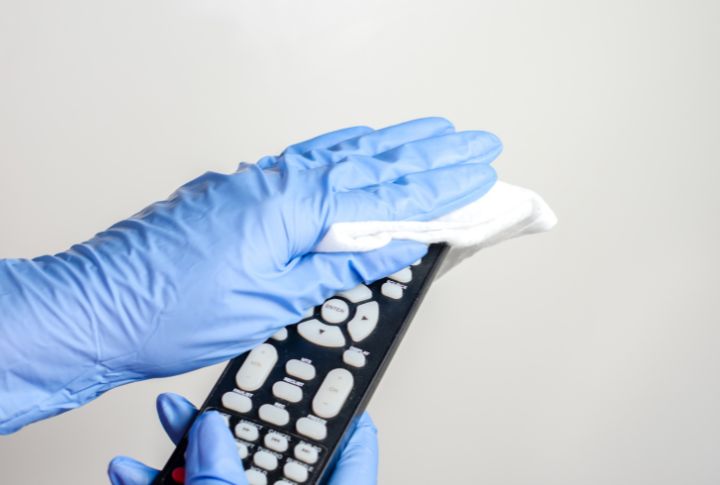
Remote controls are among the most frequently touched household items but are seldom sanitized. Studies have found that they can house high levels of bacteria and viruses. Regular disinfection is crucial to maintaining a hygienic living environment.
Regular Cleaning of Bedding
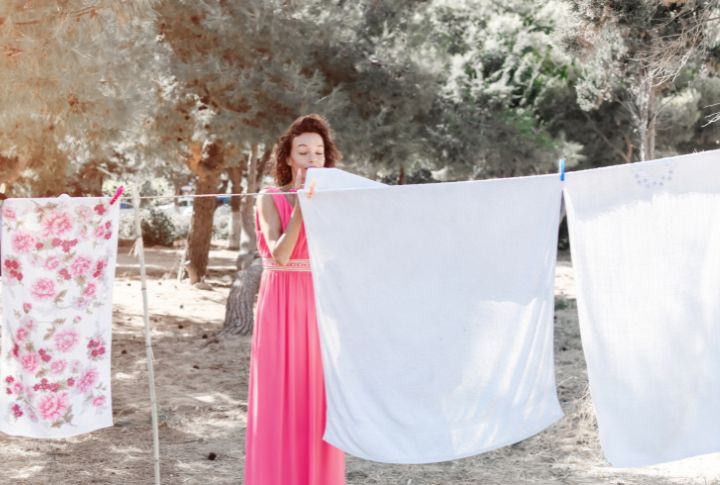
Bed sheets and pillowcases should be washed weekly, but many Americans do so less frequently. Accumulated sweat, dead skin cells, and dust mites can create an unhygienic sleeping environment, leading to allergies and skin issues.
Cleaning Inside Ears Properly
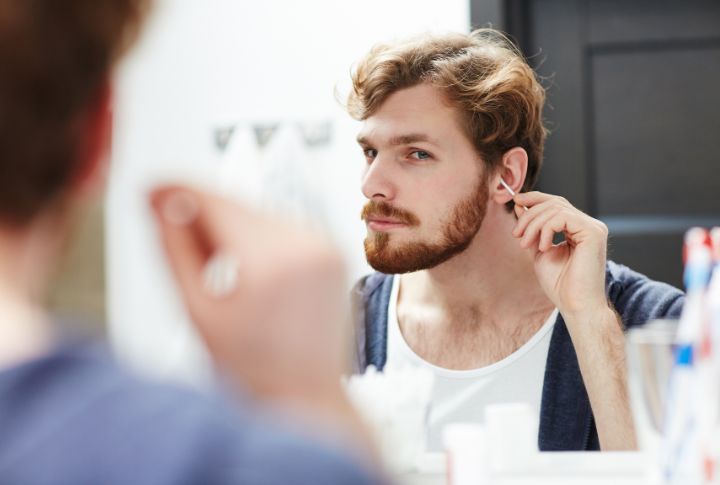
Proper ear hygiene is often overlooked, with many Americans paying attention to it or misusing cotton swabs. Cotton swabs can push wax further into the ear canal, causing blockages and potential infections. Ear hygiene should involve seeking professional help if necessary.
Washing Hands Before Meals
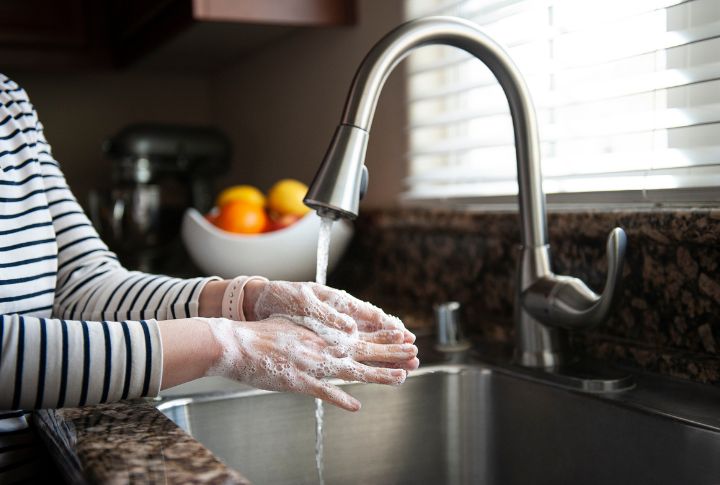
Numerous Americans skip washing their hands before meals, an essential yet crucial hygiene practice. This omission can lead to ingesting harmful bacteria and viruses, increasing the risk of gastrointestinal illnesses. Ensuring clean hands before eating is a simple step to improve overall health.
Paper and Water
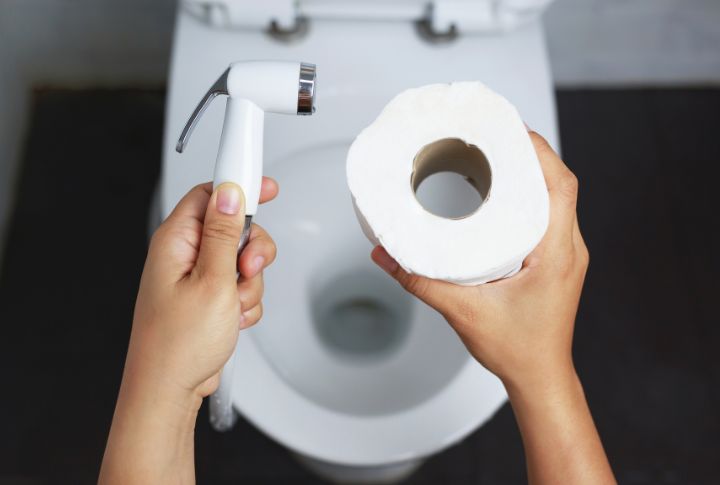
In the United States, most people rely on toilet paper for cleaning after defecation, often overlooking the additional hygiene benefits of using water. Bidets, common in many other countries, provide a more thorough cleaning but remain relatively rare in American households. Despite increasing awareness of bidets, many Americans still prefer toilet paper due to habit and convenience.
Squatting and sitting
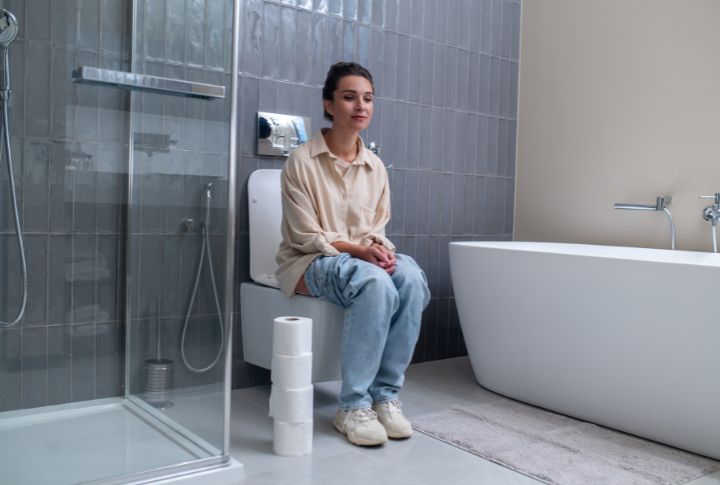
Except for in public restrooms, it’s uncommon for Americans to adopt a squatting position while using the toilet, and the idea of hovering above the seat for a bowel movement is often met with discomfort. Nevertheless, studies indicate that squatting is a healthier method for toileting. Furthermore, because there’s minimal contact involved, squatting is a more sanitary option.
Bucket baths
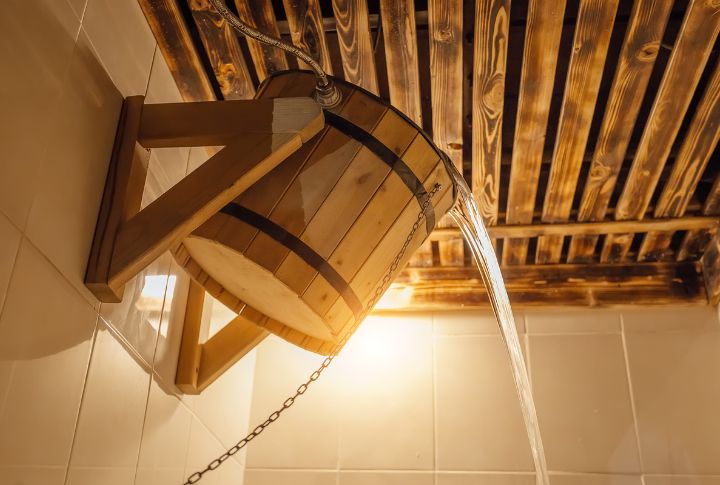
In contrast to practices like bucket baths shared in some cultures, Americans predominantly use showers or baths for personal hygiene. Using a bucket to pour water over oneself for bathing may seem unconventional to many Americans. However, some eco-conscious individuals in the U.S. are exploring alternatives like bucket baths to conserve water and reduce their environmental impact.

Comments
Loading…